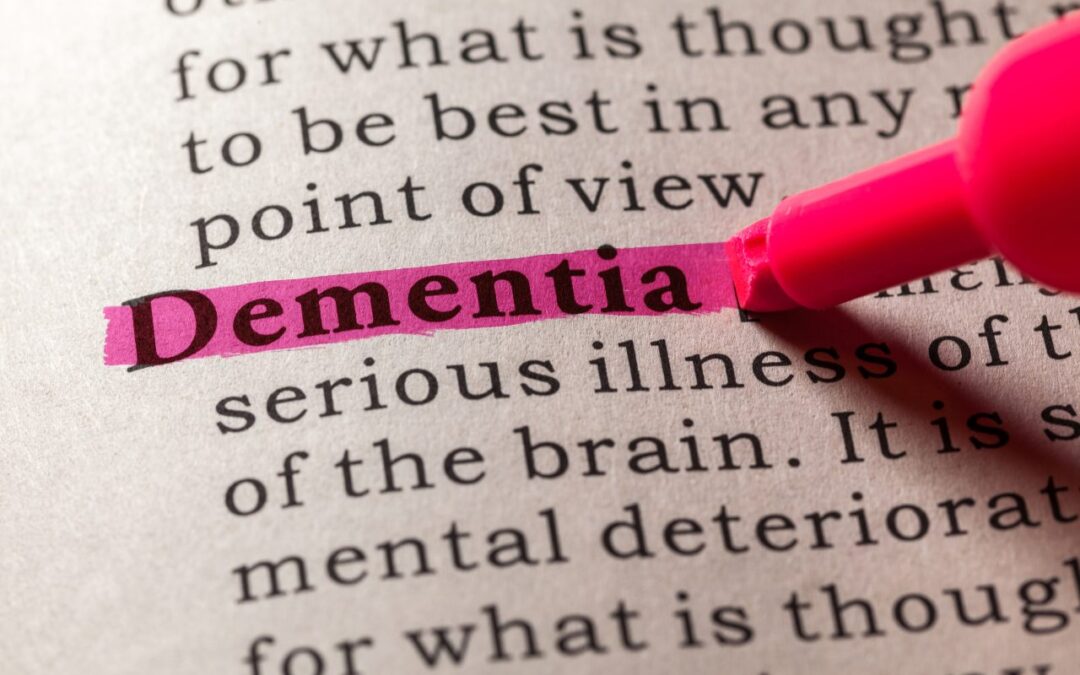At Innova Primary Care, our commitment is to change health care from the inside out. This means that our standards are different. The way we operate is unique. We don’t subscribe to the notion that pharmaceutical companies should have an upper hand in primary care offices. We believe in finding a treatment plan that addresses every part of the person. Mind, body, and soul, we believe the best course of action is one that encompasses a multi-faceted approach. Often times, this means doing this differently than many of our patients may have been accustomed to. One of the ways we choose to implement renewal is by choosing to not prescribe benzodiazepines.
Benzodiazepines prescriptions continue to rise year after year.
Benzodiazepines, BDZs, belong to a class of man made drugs that have a sedative effect and are known for their psychoactive properties. This class of drugs works on the central nervous system by increasing the effects of the neurotransmitter GABA (gamma amino butyric). GABA is the most prevalent neurotransmitter in the brain and assists the nervous system. When GABA is hard at work in the brain, it produces an inhibitory effect which, in essence, calms things down. Benzodiazepines are prescribed for multiple disorders including:
Generalized anxiety disorder
Panic attacks
Anxiety reduction
Prevention and/or treatment of seizures
Sleep
Nervousness
Alcohol withdrawal
Muscle spasms
There are multiple benzodiazepines on the market today. Some of these brand names include Xanax, Valium, Distat, Ativan, Tranxene, and more.

It is important to know that BZDs are a schedule class 4 drug under the DEA’s Controlled Substances Act (CSA). This class of drugs is a controlled substance can lead to addiction and abuse by users. While they have been proven effective in the short-term, they do carry risks. For some, the side effects may include:
Confusion
Vision issues
Depression
Problems with coordination
Headaches
Dizziness
Trembling
While not every user will experience any issues, it is important to be aware of possible side effects.
There has been an alarming jump in the number of prescriptions for a class of drugs known as benzodiazepines. According to a January 2019 study published in the JAMA Network Online, the percentage of benzodiazepine prescriptions resulting from ambulatory care visits jumped to 7.4% in 2015 from 3.8% in just 2003. A cross-sectional study out of the University of Michigan utilizing statistics from 2015 and 2016 found that during this time period over 30 million adults in the United States report using benzodiazepines. This equates to 12.6 million people.
12.6 million Americans have used benzodiazepines according to a recent study.
Benzodiazepines can be very useful in the short term, but they are highly addictive. While they may be a necessary treatment protocol, in the beginning, they can become abused over time. This is especially true for the senior population. The previously mentioned side effects of BZDs such as dizziness, impaired cognition, fatigue, and drowsiness are especially problematic for the elderly. Already susceptible to falls and cognitive complications, BZD misuse is a tremendous issue.
As previously mentioned, recent research shows benzodiazepines were used by at least one out of every eight individuals in the US. The astounding portion of this data is that at least seventeen-percent of those misused the drug. Because of their addictive nature, users can easily fall into the addiction trap. Statistics from the National Institute on Drug Abuse show that over thirty-percent of opioid overdoses also include benzodiazepines.
Benzodiazepines and Dementia Risk
Another concern is the long-term effects benzodiazepines have on those who take them, specifically the elderly. Which brings us to the topic of this post: the possible association between the long-term use of benzodiazepine and dementia risk.
Multiple studies suggest a link between long-term BZD use and dementia risks. A 2019 meta-analysis of observational studies published in the Journal of Clinical Neurology shows the use of benzodiazepines significantly increases the risk of dementia for seniors. There is also an association between long-term use and general cognitive deficiencies that contribute to the development of dementia. Another study found an association between a BZD use of at least 5 years and Alzheimer’s in the elderly population.

Many seniors have a long-standing prescription for benzodiazepines that, at one point in time, they desperately needed. Now, however, there is no need for a prescription. Many elderly patients continue to use benzos even though they no longer need them. Addiction has set in. This is where the medical community must do better. We must all carefully assess whether or not a prescription of BZD is in the best interests of the patient in question. This is particularly true for seniors.
Aside from the obvious complications that may result from the long-term use of BZDs, medical providers must consider whether or not a prescription of a benzodiazepine is the best course of action for an elderly patient. In most cases, the answer is no. Even the American Geriatric Society suggests that physicians refrain from prescribing benzodiazepines as a first choice to treat seniors suffering from seniors for cases of insomnia, delirium, or agitation.
Innova Primary care treats the whole patient. Our commitment to you means that we will always take every aspect of you into consideration when implementing a treatment protocol. If you or someone you know is in the midst of a struggle with BZD misuse, please reach out. You are never too young or too old to make a change for the better. We are here to help you every step of the way.




 About
About

 About
About About
About About
About
 About
About About
About

 About
About About
About About
About About
About










